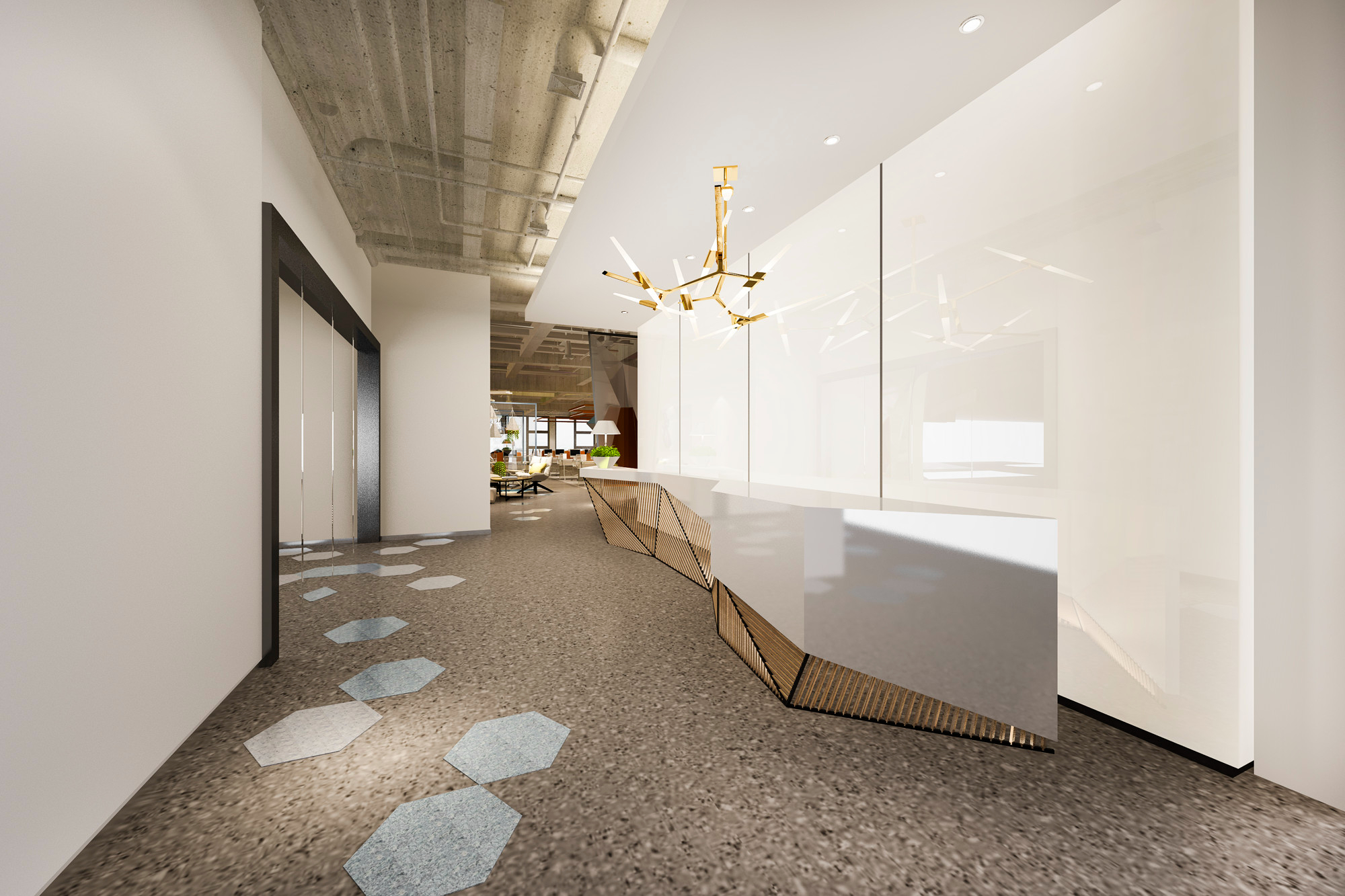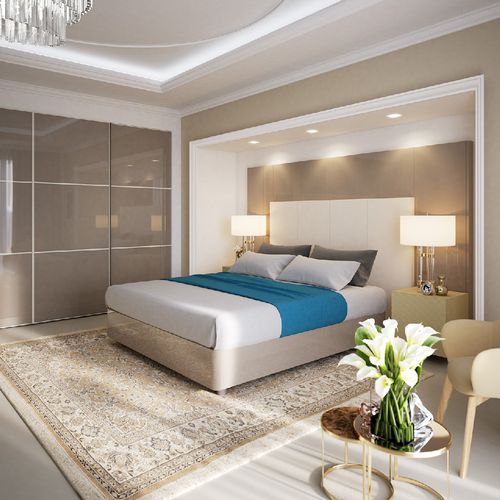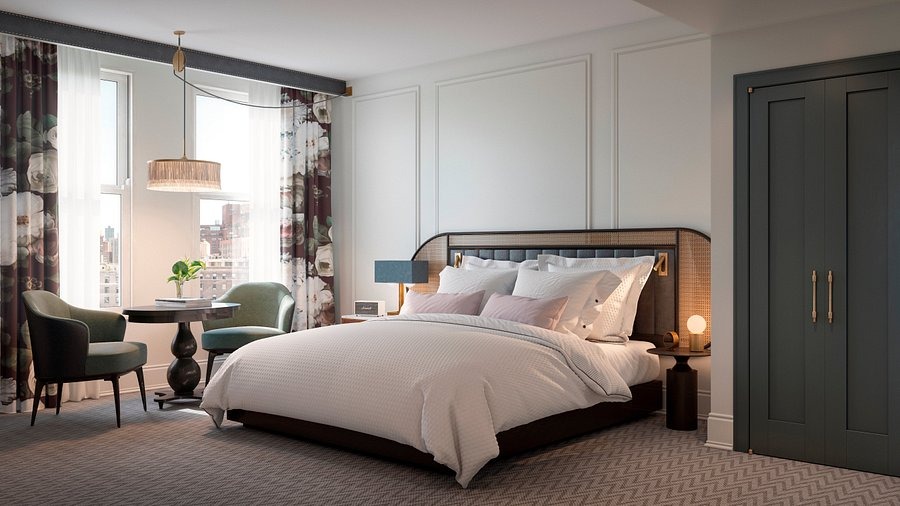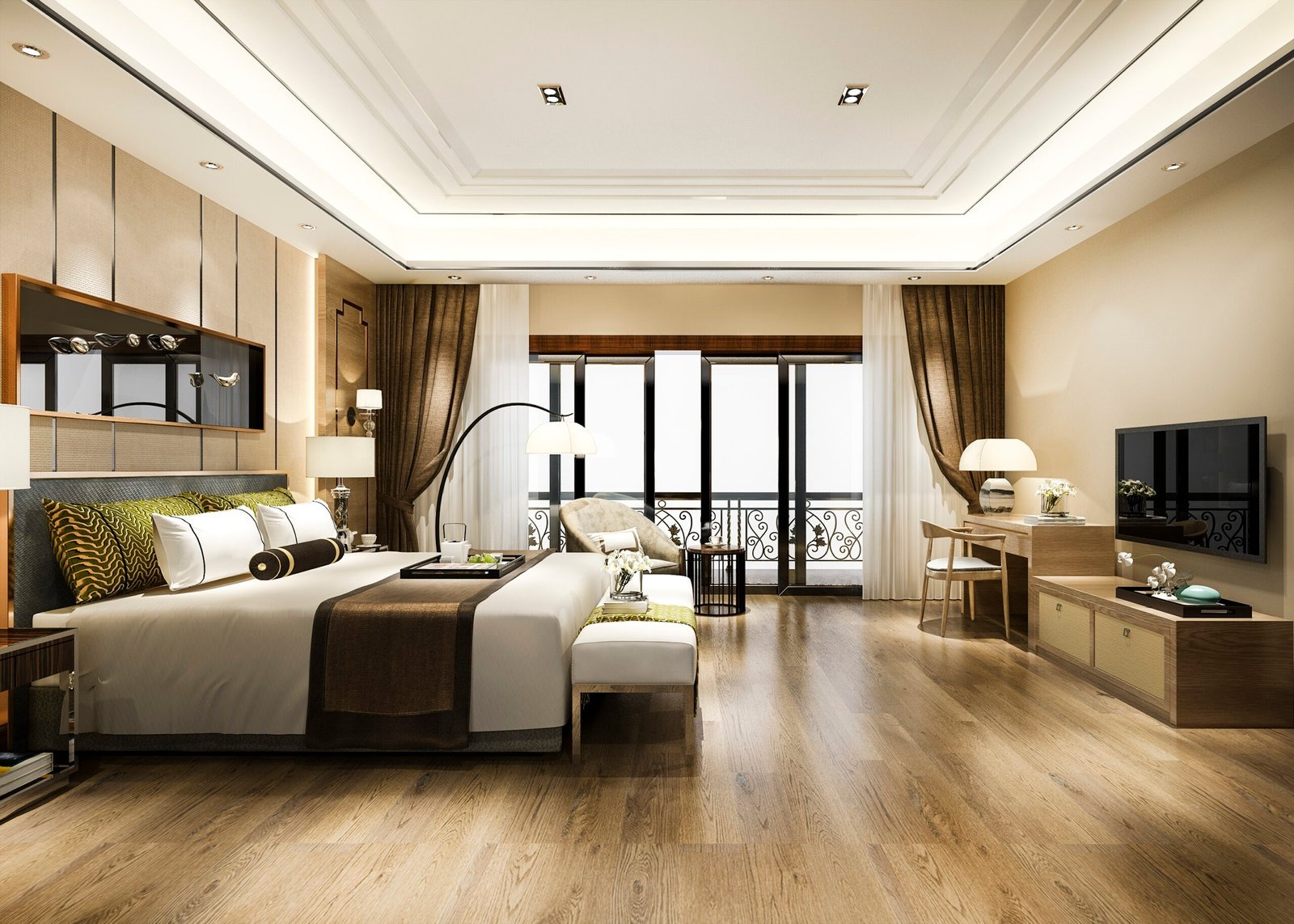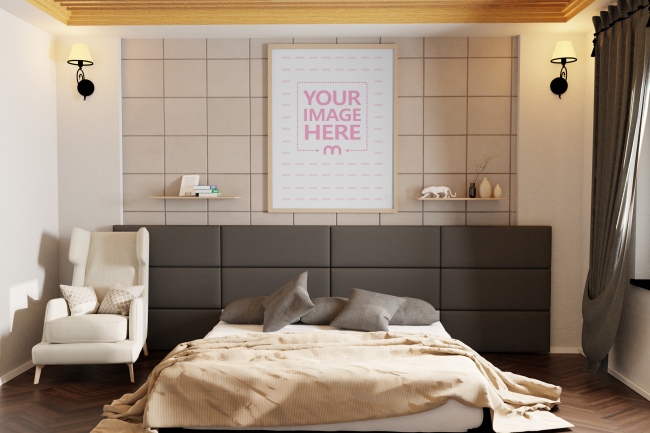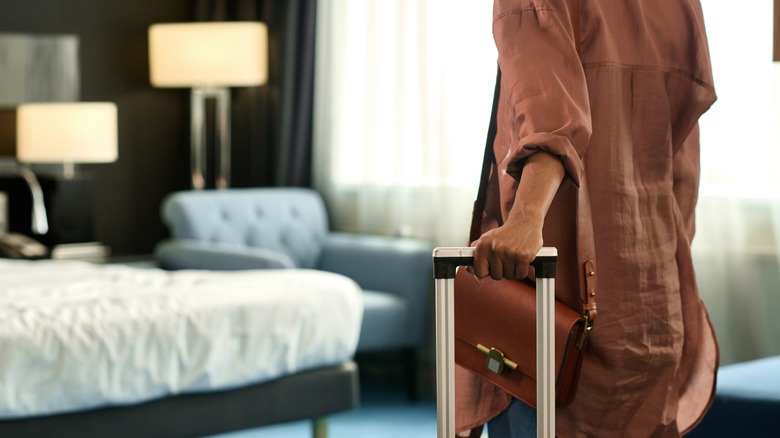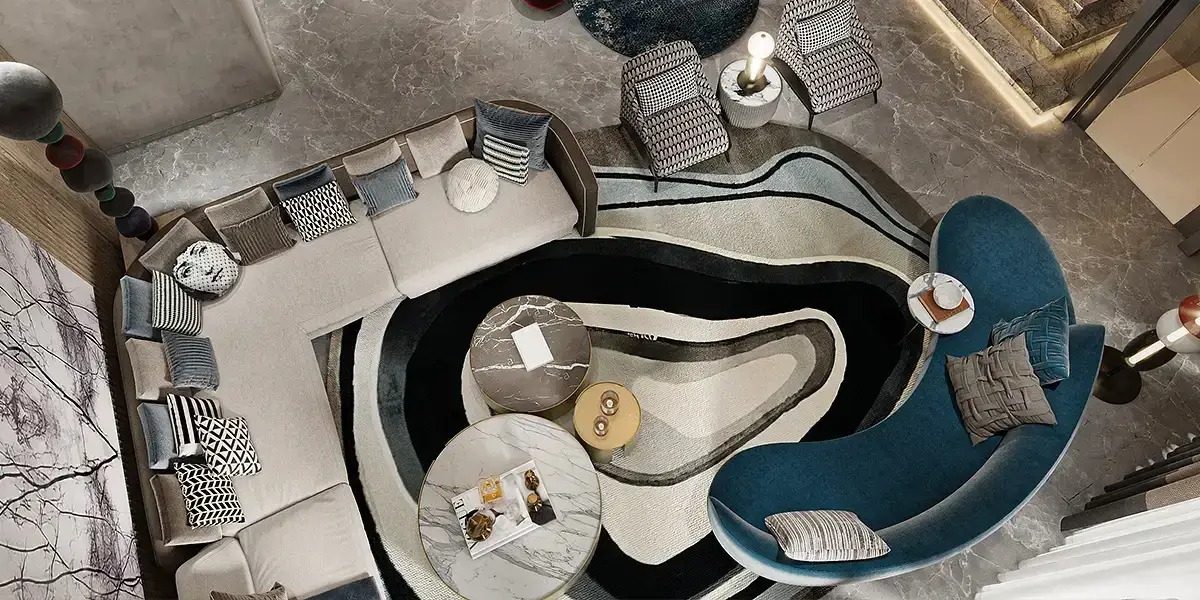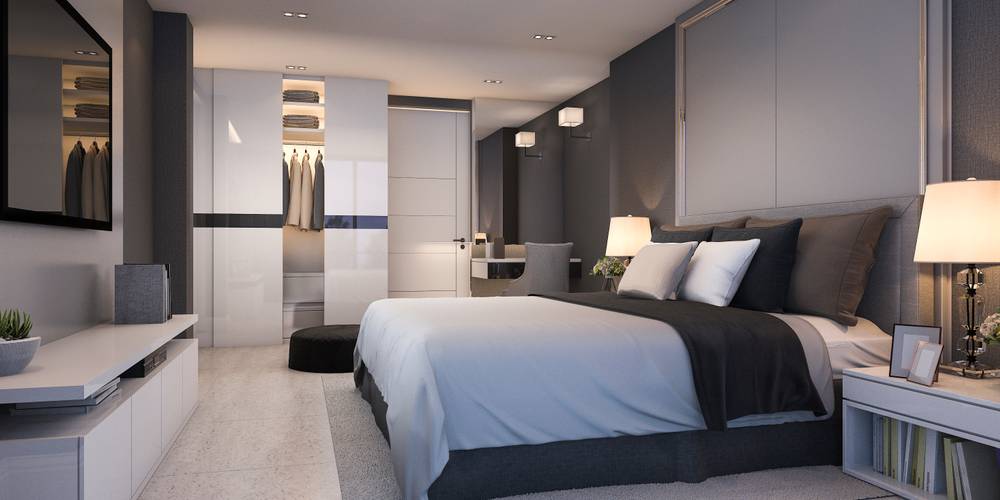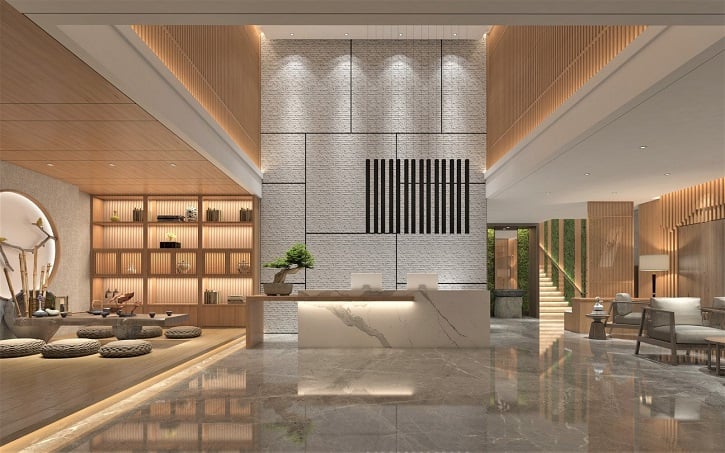Eco-Friendly Hotel Interior Design Solutions
Thứ 3, 09/09/2025
Administrator
65
Sustainability is no longer just a trend in the hospitality industry. Today’s travelers increasingly seek hotels that demonstrate environmental responsibility without compromising comfort or luxury. Interior design plays a decisive role in this shift, as it influences not only the aesthetics of the property but also its ecological footprint. By embracing eco-friendly solutions, hotels can reduce waste, save energy, and appeal to environmentally conscious guests. Curious about how this can be achieved in practice? Let’s explore together with Ngoc Hoang Anh in the article below.
1. The Rise of Eco-Friendly Hospitality Design
Eco-friendly design has become a powerful driver of change in the hospitality world. Guests demand greener choices, and hotels are responding by making sustainability a visible part of their interiors. Going green is not just good for the environment but also improves brand identity, attracts more bookings, and ensures compliance with international standards.
1.1 Guest Demand for Green Experiences
Eco-conscious travelers want to see real action, not just marketing promises. They look for natural finishes, recycled furniture, reduced plastic use, and eco-labels. Hotels that embrace these practices often gain higher trust, stronger reviews, and repeat visits from environmentally aware guests.
1.2 Competitive Advantage for Hotels
Green design is also a business edge. Certifications like LEED or Green Key enhance credibility, while eco-friendly interiors help properties stand out in crowded markets. Hotels that visibly invest in sustainability can charge premium rates and appeal to corporate clients who value responsible travel.
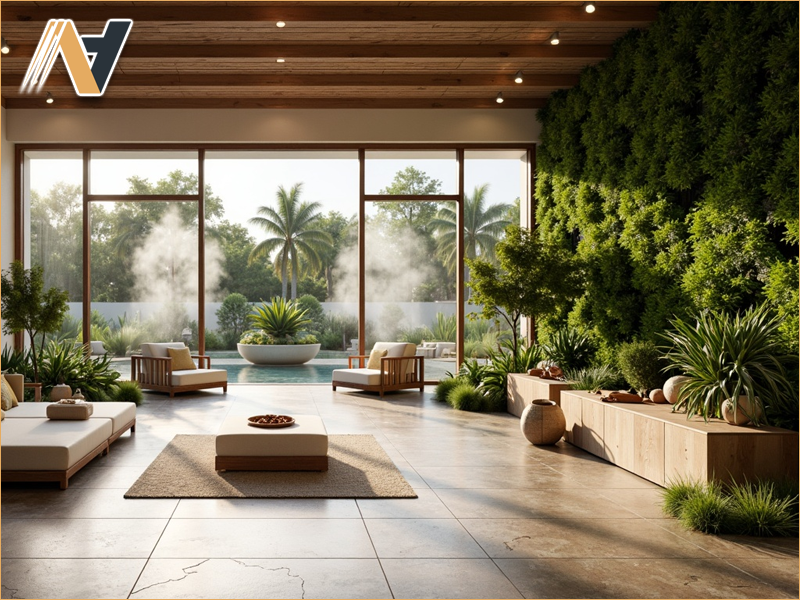
2. Sustainable Materials in Hotel Interiors
One of the most direct ways to reduce environmental impact is through material selection. Sustainable materials not only conserve resources but also create healthier spaces for guests and staff.
2.1 Reclaimed and Recycled Wood
Reclaimed and recycled wood reduces deforestation while offering unique beauty. Its textures and colors bring authenticity to spaces. Hotels often use it in:
-
Flooring: adds warmth and durability with character-rich surfaces.
-
Furniture: tables and headboards that highlight natural patterns.
-
Wall cladding: creates cozy, timeless backdrops in lobbies or lounges.
2.2 Bamboo and Rattan
Fast-growing and renewable, bamboo and rattan suit both modern and traditional interiors. Their versatility allows creative applications:
-
Lobby furniture: bamboo lounge sets create a natural, inviting look.
-
Partitions: lightweight rattan screens divide spaces elegantly.
-
Guest rooms: bamboo headboards and rattan chairs enhance comfort with eco-friendly charm.
2.3 Low-VOC Paints and Finishes
Traditional paints can release harmful chemicals that lower air quality. Low-VOC products are safer and still stylish:
-
Guest rooms: healthier environments for sensitive travelers.
-
Conference halls: fresher air for long business events.
-
Restaurants: odor-free finishes that enhance dining comfort.
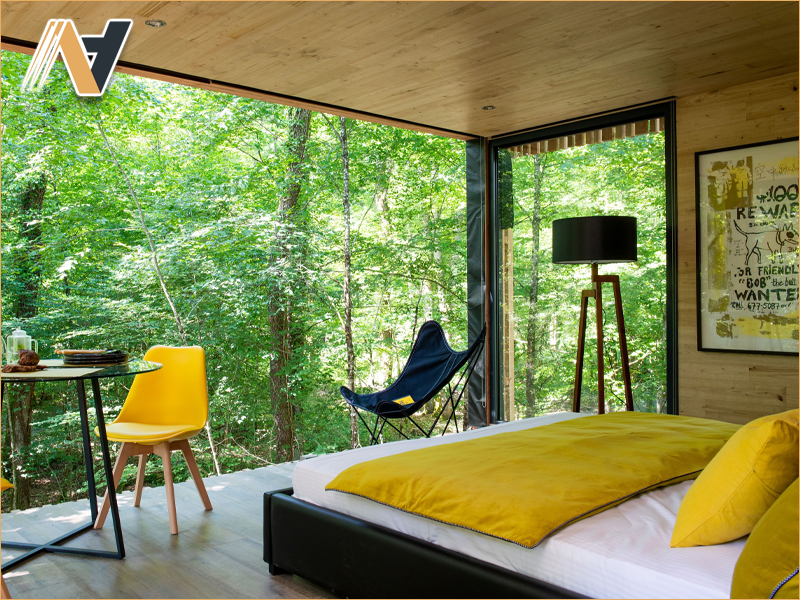
3. Energy-Efficient Interior Design Solutions
Reducing energy use is critical for sustainable hotels. Smart systems and natural design strategies help cut costs while improving guest comfort.
3.1 Smart Lighting Systems
Lighting is a major energy expense, but new systems make it efficient. Hotels now use LED fixtures combined with motion sensors and daylight controls. Lights turn off when rooms are empty or dim automatically in daylight, balancing sustainability with ambiance.
3.2 Natural Ventilation and Insulation
Good airflow and insulation reduce the need for mechanical heating or cooling. Large windows, cross-ventilation, and eco-friendly insulation materials keep interiors comfortable year-round. Guests enjoy fresher air, while hoteliers save on operating costs.
3.3 Integration of Renewable Energy
Hotels can creatively include renewable energy in interiors:
-
Solar-powered lamps: ideal for gardens and outdoor lounges.
-
Rooftop panels: supply electricity to lobbies or hallways.
-
Furniture with built-in charging: showcases innovation and guest convenience.
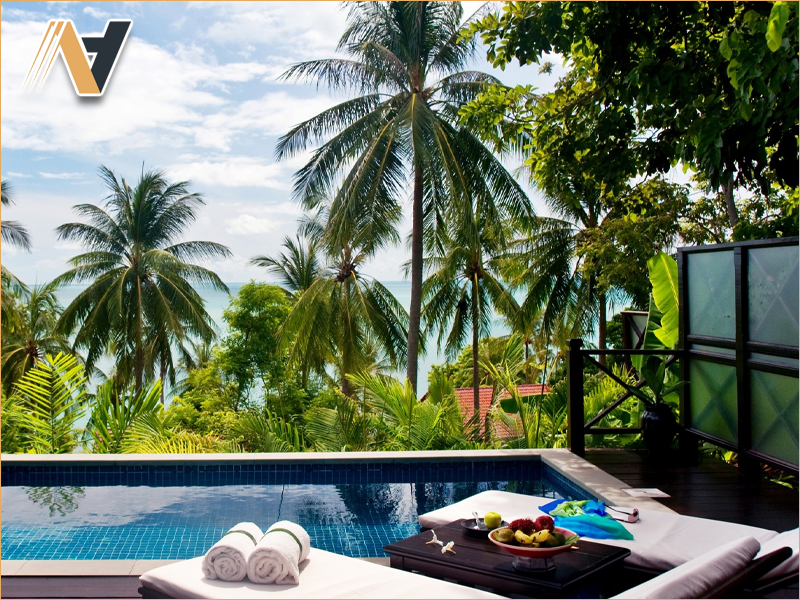
4. Waste Reduction and Circular Design Principles
Hotels produce large amounts of waste, but thoughtful design can minimize it. Circular design focuses on durability, recycling, and creative reuse to extend the life cycle of materials.
4.1 Modular and Durable Furniture
Modular furniture adapts to different room layouts, reducing replacement needs. Durable materials withstand heavy guest use while maintaining style. This approach saves costs and cuts waste.
4.2 Recyclable and Biodegradable Materials
Fabrics, carpets, and panels made from recyclable fibers or biodegradable composites prevent unnecessary landfill waste. Guests notice these details and associate the hotel with responsible practices.
4.3 Upcycling and Creative Reuse
Old materials can be reborn with creativity. Examples include:
-
Doors as headboards: adding rustic charm to guest rooms.
-
Wood scraps as wall art: giving unique character to lounges.
-
Repurposed metal fixtures: transformed into decorative lighting.
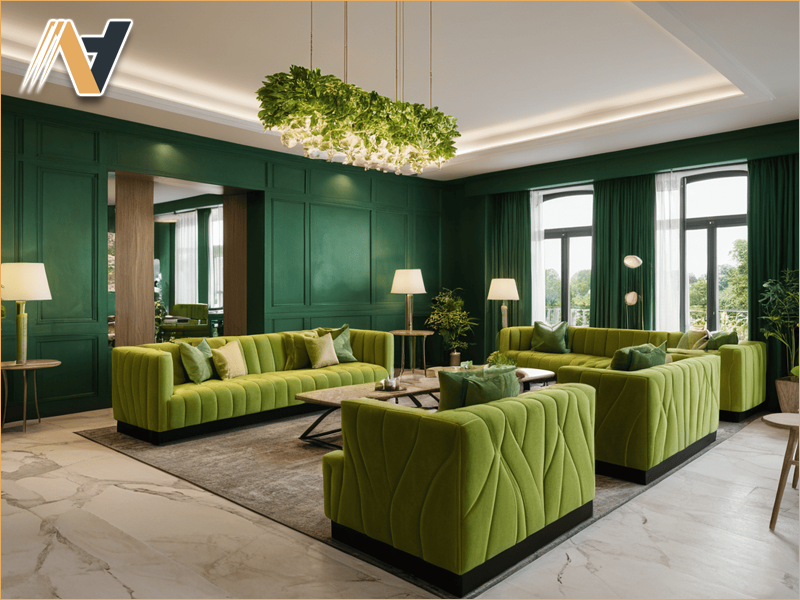
5. Biophilic Design and Guest Well-Being
Eco-friendly interiors also connect people with nature. Biophilic design improves wellness, lowers stress, and makes hotel stays more memorable.
5.1 Natural Elements in Interiors
Indoor plants, green walls, and stone surfaces refresh interiors and improve air quality. They soften formal hotel spaces, helping guests relax after travel.
5.2 Maximizing Natural Light
Daylight reduces electricity use and boosts guest comfort. Skylights, large windows, and open layouts create brighter spaces, supporting better sleep and wellness.
5.3 Psychological Benefits of Green Design
Natural patterns and colors reduce stress, improve mood, and create a sense of harmony. Guests often feel more satisfied and return to hotels that deliver these experiences, proving sustainability supports both people and profit.
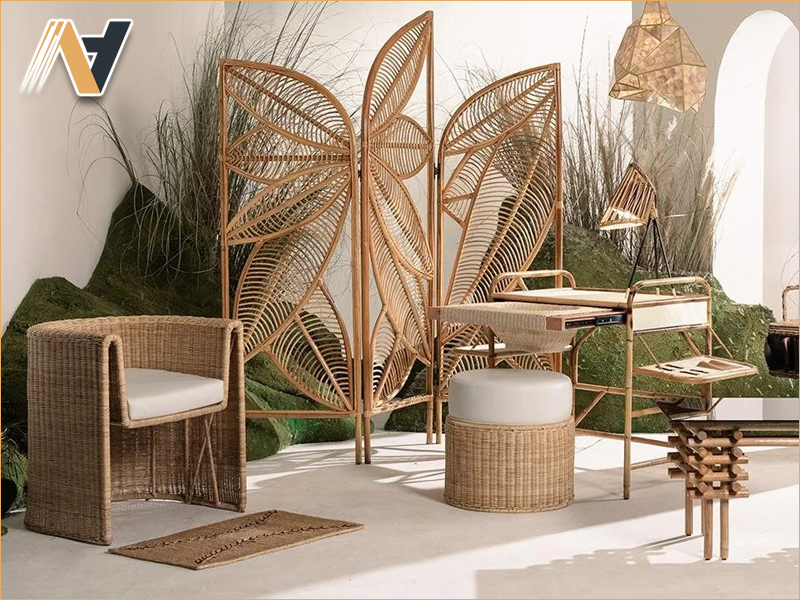
6. Conclusion
Eco-friendly hotel interior design is no longer optional; it is essential for modern hospitality. By choosing sustainable materials, adopting energy-efficient systems, reducing waste, and integrating biophilic elements, hotels can meet guest expectations while supporting global environmental goals.
For hospitality projects in Vietnam, Ngoc Hoang Anh specializes in Vietnam hotel furniture OEM, offering high-quality, sustainable production tailored to the needs of eco-conscious hotels.
Contact us today for expert consultation and premium manufacturing solutions that combine luxury with sustainability.
-----
NGOC HOANG ANH TRADING COMPANY LIMITED
Tax Code: 3702874413
Address: No. 288/28/10 Huynh Van Luy Street, Zone 7, Phu Loi Ward, Ho Chi Minh City, Vietnam
Warehouse: No. 1/91, Thuan Giao 02 Street, Binh Thuan 2 Residential Quarter, Thuan Giao Ward, Ho Chi Minh City, Vietnam
Phone/Whatsapp/Wechat: +84342076666
Email: info@ngochoanganh.com.vn

